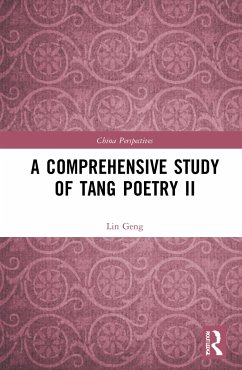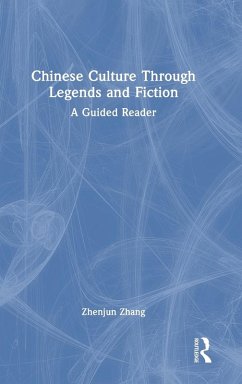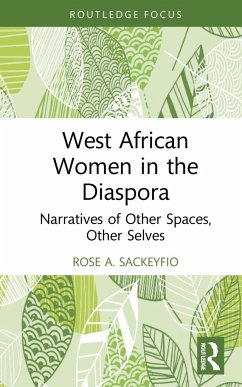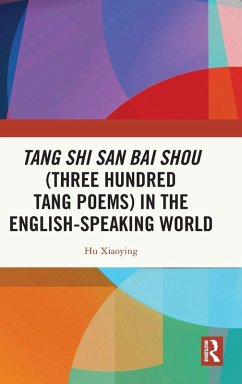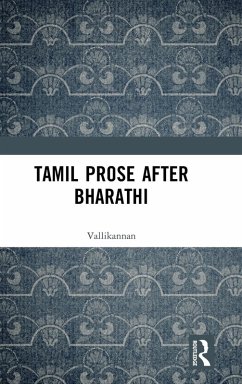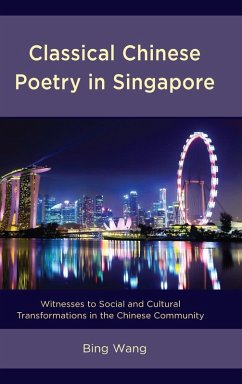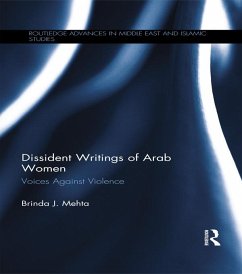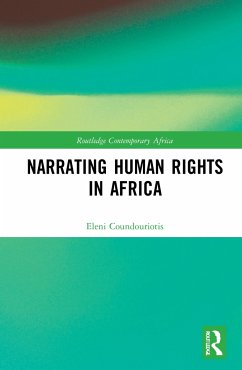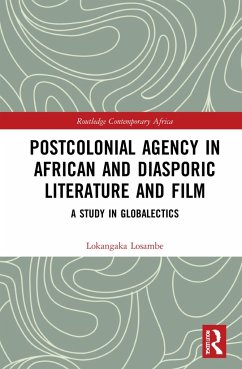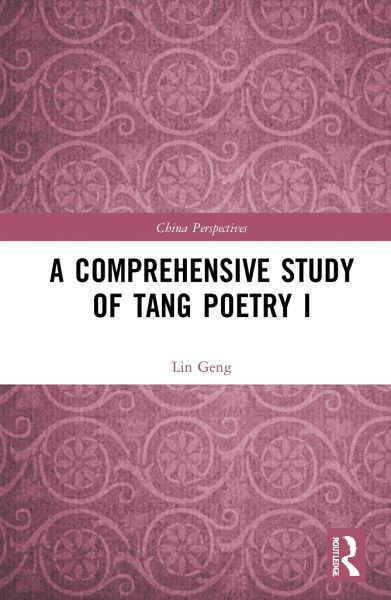
A Comprehensive Study of Tang Poetry I
Versandkostenfrei!
Versandfertig in 1-2 Wochen
169,99 €
inkl. MwSt.
Weitere Ausgaben:

PAYBACK Punkte
85 °P sammeln!
Tang poetry is one of the most valuable cultural inheritances of Chinese history. Its distinctive aesthetics, delicate language, and diverse styles constitute great literature in itself, as well as a rich topic for literary study. This two-volume set constitutes a classic analysis of Tang poetry in the "Golden Age" of Chinese poetry (618-907 CE). In this volume, the author provides a general understanding of poetry in the "High Tang" era from a range of perspectives. Starting with an indepth discussion of the Romantic tradition and historical context, the author focuses on poetic language patt...
Tang poetry is one of the most valuable cultural inheritances of Chinese history. Its distinctive aesthetics, delicate language, and diverse styles constitute great literature in itself, as well as a rich topic for literary study. This two-volume set constitutes a classic analysis of Tang poetry in the "Golden Age" of Chinese poetry (618-907 CE). In this volume, the author provides a general understanding of poetry in the "High Tang" era from a range of perspectives. Starting with an indepth discussion of the Romantic tradition and historical context, the author focuses on poetic language patterns, Youth Spirit, maturity symbols, and prototypes of poetry. The author demonstrates that the most valuable part of Tang poetry is how it can provide people with a new perspective on every aspect of life. This book will appeal to researchers, scholars, and students of Chinese literature and especially of classical Chinese poetry. People interested in Chinese culture more widely will also benefit from this book.




